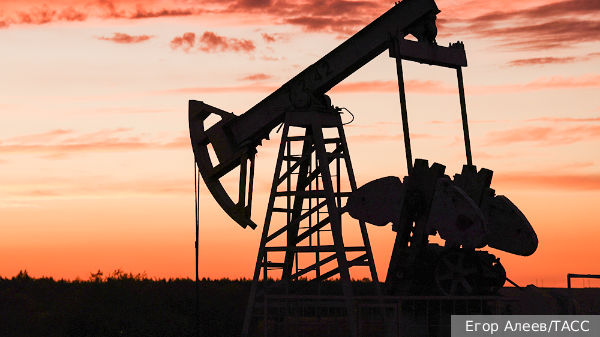
More investment into oil sector is needed says OPEC head
By Rhod Mackenzie
The OPEC Secretary General, Haitham Al Ghais, has cautioned on the possible detrimental impact of insufficient investments in the oil industry, which could result in a significant growth in oil prices and a potential energy crisis. "By underfunding the oil industry, we are endangering energy security," warned the leader of the oil cartel in an interview with CNN during the ADIPEC energy conference that began on Monday in Abu Dhabi. "I believe that there is a significant chance that as demand rises, prices and instability may increase."
If the global economy is to prevent a significant increase in energy prices, Haitham Al Ghais asserts that there must be an increase in investment in the oil sector. He estimates that a minimum of £9 trillion will be required by 2045 to prevent the emergence of "golden oil".
In recent months, oil prices have surged due to production cuts led by OPEC members, particularly Saudi Arabia. Although supply has decreased, demand has stayed relatively high, largely due to the remarkable resilience of the US economy in a challenging environment. Due to the cuts in supply, the price of a barrel of Brent crude almost reached $96 last week. However, at the start of this week, it dropped to $92 per barrel.
Analysts are now speculating when the cost of "black gold" will rise to the psychological mark of $100 per barrel. Naturally, Al Ghais had to answer the question of when the factors leading to a $100 per barrel oil price might occur. According to him, these factors have been present in the market for some time. The oil cartel's secretary-general believes that the most critical of these is the underfunding of the oil industry.
This warning to increase oil investment comes a week after the International Energy Agency (IEA) predicted that demand for oil, gas, and coal would peak in this decade.
"Based on the current policies of various governments, and even without additional climate policies, Business Insider reports that the demand for all three fossil fuels will reach its peak in the coming years," says Fatih Birol, the head of IEA.
This isn't the first occasion OPEC has disagreed with the IEA, as the petroleum cartel is assured that fossil fuels will remain a crucial component of the world's energy provision over a long period." Oil producers base their forecasts on the rapid growth of the world's population and economy, both of which necessitate the use of oil, gas, and coal. During an interview, Haitham Al Ghais stressed that renewable energy and hydrogen are not yet able to meet the demand for energy.
It is in the best interest of key OPEC members and, specifically, Saudi Arabia to maintain tight control over oil prices. Naturally, a crude oil price of £100 per barrel will enable the kingdom to fund the diversification of the economy that Riyadh has deemed a priority. However, experts caution that additional price hikes may trigger a decline in global demand.
By the way, in September, the KSA and Russia raised oil exports jointly by 1 million barrels per day.
